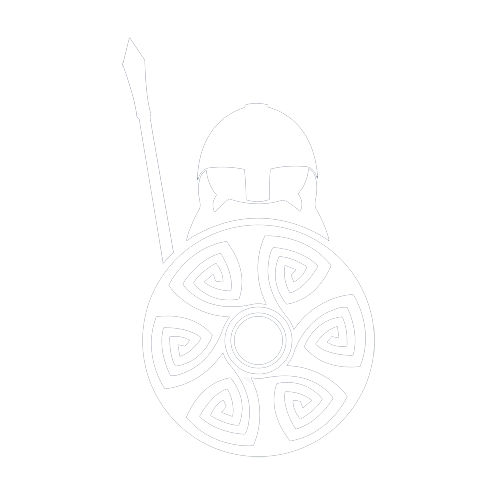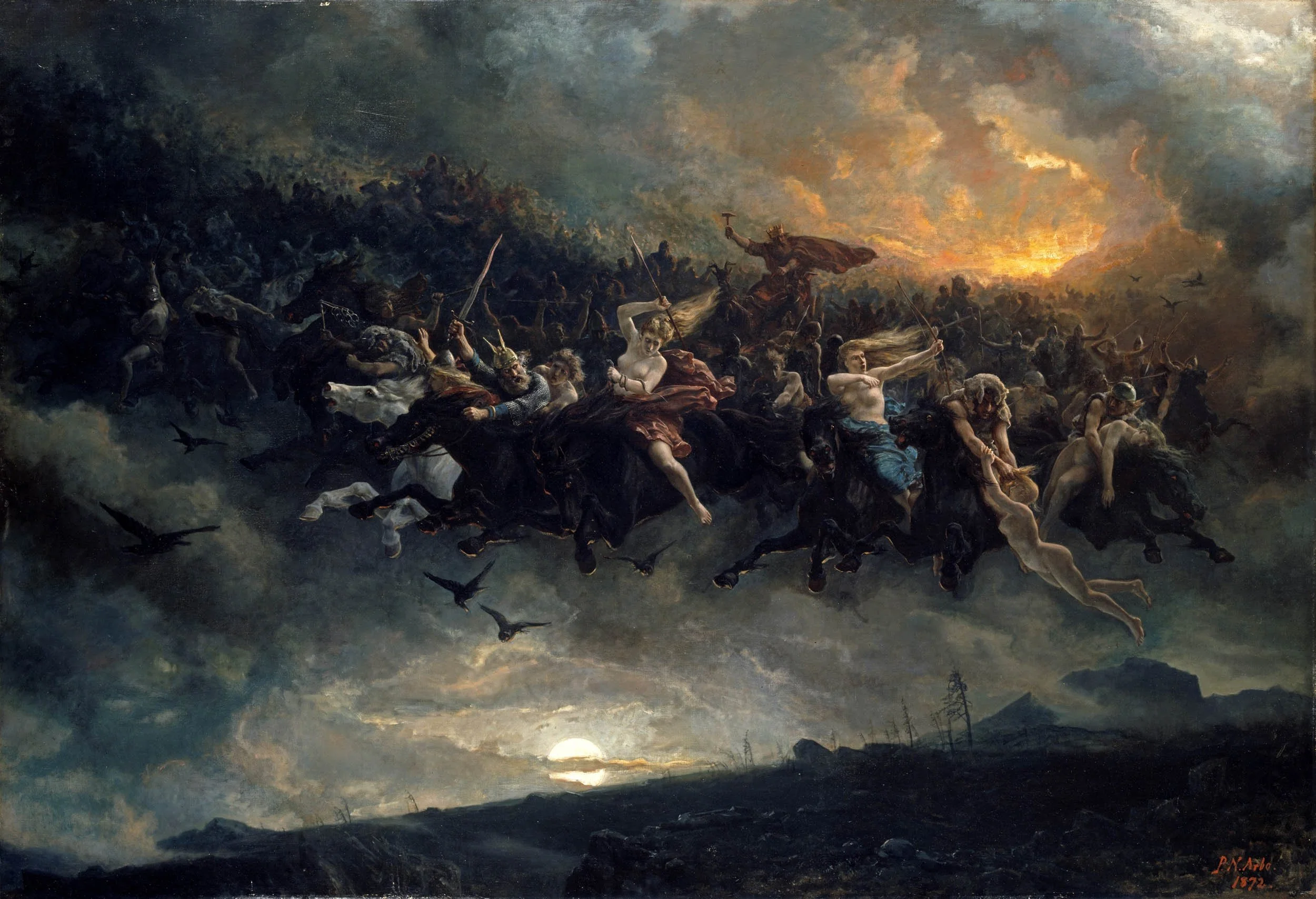The Origin of English Days of the Week
The origin of the days of the week in English, are rather different to our neighbours in Europe. The all-conquering Romans chose to adopt celestial bodies to name the days of the week, which aligned with the Gods they worshipped. They believed there were seven planets, including the Sun and the Moon, and aligned each day of the week to them.
This was all very nice, but the Anglo-Saxons (and the Vikings) had other ideas. When the Romans left Britain in 410 AD, the native Britons along with some remaining Romans and a few Anglo-Saxons, were invaded by swathes Anglo-Saxon settlers from abroad.
It was during this Anglo-Saxon occupation of Britain, that the language of the nation changed to what we now refer to as Old-English (Germanic). With that change, came the introduction of Paganism on what was a Christian country. The Pagans worshipped many Gods, like the Romans, and it is those Gods that were adopted into the English days of the week, that we know today.
Dies Solis, Sunnandæg, Sunday
For the Romans, Sunday was Dies Solis, latin for day of the Sun. It was derived from their Sun God, Sol Invictus. Emperor Constantine declared in 321 AD that Sunday would become a day of rest. For the French, Sunday is Dimanche, meaning day of the Lord, which has a resemblance to the Roman version. For the Anglo-Saxons, Sunday was Sunnandæg, Old-English for day of the sun, which does inherit its meaning from the Roman name.
Dies Lunae, Monandæg, Monday
Monday for the Romans was Dies Lunae, latin for day of the Moon. Similarly in french, Monday is Lundi. The Anglo-Saxons followed suit, and named Monday as Monandæg, which has the same meaning, day of the Moon.
Dies Martis, Tiwesdæg, Tuesday
Tuesday in latin is Dies Martis, meaning day of Mars. The Romans believed Mars to be their God of war. The french version is Mardi, which again has the same meaning. The Anglo-Saxons decided to use their own Pagan God for this one, and named Tuesday as Tiwesdæg. This was taken from their God, Tiw (the same God as the Viking God, Tyr) God of war, swordplay and the sky.
Dies Mercurii, Wodnesdæg, Wednesday
Wednesday for the Romans was Dies Mercurii, latin for day of Mercury. The Roman God Mercury, seemingly, was God of a lot of things. From commerce, finance and messaging to travelling, thieves and tricksters. The french equivalent is Mercredi, which is named directly after the Roman God. The Anglo-Saxons, on the other hand, chose their chief God Woden, and named Wednesday, Wodnesdæg. Woden is the same as the Norse God, Odin, the allfather. Woden (and Odin) are associated with war, and warriors looked to him for protection in battle. Woden's spear was a sacred weapon to both the Anglo-Saxons and Vikings.
Dies Jovis, Ðunresdæg, Thursday
Thursday in latin is Dies Jovis, meaning day of Jupiter. The Romans worshipped Jove, their king of the Gods, and God of thunder and lightening, similar to the Greek God, Zeus. The french named Thursday, Jeudi, which follows the Roman name. The Anglo-Saxons once again used their own God. For them, Thursday was Ðunresdæg, day of Thunor. Thunor, son of Woden, was their equivalent of the Viking God Thor. He was the God of thunder, who rode through the sky on a chariot, striking his huge hammer on an anvil, creating lightening. It is Thunor (and Thor) that many Anglo-Saxons and Vikings worshipped by wearing an emblem of his hammer (the Mjölnir) around their necks.
Dies Veneris, Frigedæg, Friday
Friday for the Romans was Dies Veneris, day of Venus. Venus was their God of love and beauty. The french use Vendredi, which again means the same thing. The Anglo-Saxons followed the same theme, and used their own God Frig, and named Friday as Frigedæg. The Norse had Frigg, who was their own equivalent of the same God. Frig is the wife of Woden, and God of love, marriage, home and harvest.
Dies Saturni, Sæternesdæg, Saturday
Saturday was Dies Saturni for the Romans, day of Saturn. Saturn was the Roman God for sowing, seed, agriculture and feasting. The french have Samedi, which actually differs from the Romans, and means day of the Sabbath. The Anglo-Saxons called Saturday Sæternesdæg, which seems to have taken the same meaning as the Roman name, and not from one of their own Gods.
So as it turned out, the Anglo-Saxons may have changed some of the days of the week to match their own Gods, but they still looked to the heavens for their inspiration, just like the Romans had done before them.


